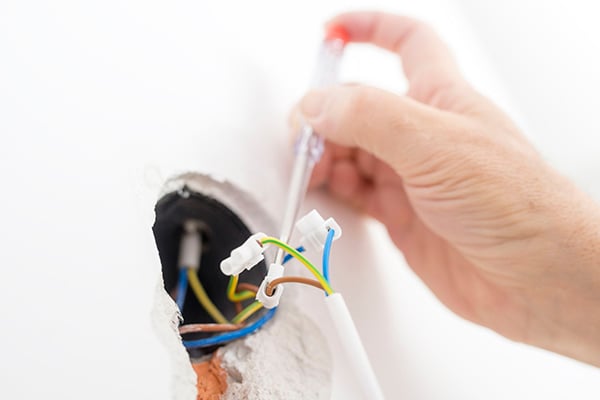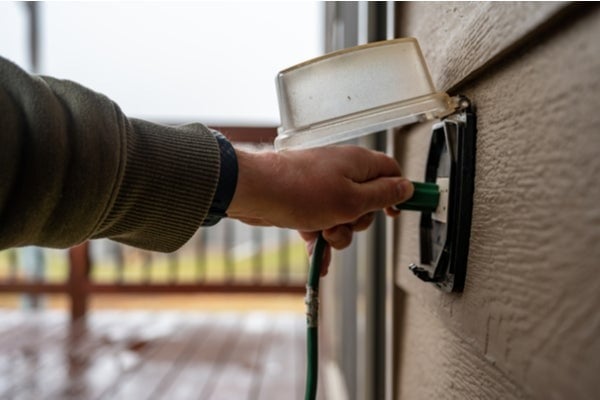There's a lot to be said in favor of older homes. They have history, not just as enduring structures but also as pillars of the neighborhood's sense of community. And older homes often possess charm and character that can be hard to achieve with new construction.
Unfortunately, older homes aren't modern. They can lack conveniences, or worse, feature outdated systems that require extensive repairs or outright replacement. Plumbing, insulation, storage space, the foundation — all of these elements merit close inspection if you're thinking about purchasing an older home. However, don't neglect the electrical wiring. You might be surprised to learn how much of a difference upgrading your electrical system will make to the comfort and satisfaction your home offers.
Why Older Electrical Systems Can Be a Problem
Not having the power you need isn’t just irritating — it can create real hazards. Your electronics can become damaged, or they may stop functioning properly. Inefficient systems can translate into expensive utility bills. Worst of all, faulty wiring can create a fire hazard and even put members of your family at risk of suffering an electric shock.
How Much Power Do You Need?
As you can imagine, modern homes use quite a bit more power than homes did decades ago. Appliances, such as refrigerators, freezers, dishwashers, washers, dryers, and HVAC systems, all take a toll on your electric system. According to the National Association of Realtors, homes today require 200 amps of electricity when they used to require only about 60 amps. Additionally, many older homes are wired with materials that are no longer considered safe or up to modern standards like knob and tube wiring or insulated cloth wiring (also known as rag wire or cloth sheathing).




